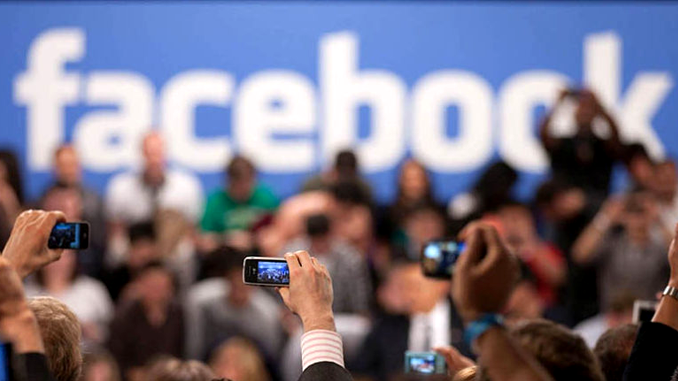
Facebook pulled 66 personal accounts, 83 pages, and 11 groups on October 30 for coordinated inauthentic behavior, simultaneously removing 12 related Instagram accounts. The accounts were traced to a Russian operation spearheaded by Yevgeny Prigozhin, who was indicted as part of Robert Mueller’s investigation into Russian meddling in the U.S. election process. Prigozhin is an oligarch nicknamed “Putin’s Chef” who has recently been sanctioned by the U.S. Treasury department for continued attempts at election interference.
“Each of these operations created networks of accounts to mislead others about who they were and what they were doing,”
“We have shared information about our findings with law enforcement, policymakers and industry partners.”
Facebook cybersecurity chief Nathaniel Gleicher, via AFP
The efforts were similar to what has occurred elsewhere: a series of interconnected accounts, with some at the center presenting themselves as a news organization, then related accounts which promoted stories from a variety of sources but leaning heavily upon the stories from the central groups, and finally fringe accounts and “influencers” designed to draw attention to the pages which promoted the propaganda organizations.
The operation presented a mixture of real and false stories, all slanted to promote Russia and Russian interests. In the standard Russian model, real stories are selected to draw attention, add an impression of veracity to items presented by the “news site” or because they are stories which would aid Russian efforts in the region. The false stories are typically either mostly accurate with some key information changed or they are speculative presentations of conspiracy theory designed to undermine trust in other news sources.
The countries targeted were Cameroon, the Central African Republic, the Democratic Republic of Congo, The Ivory Coast, Libya, Madagascar, Mozambique and Sudan. Significant influence in these countries, alongside their new beachhead in Syria, would provide a land route through the African continent to Madagascar for Russian trade and military transit.
There were at least three distinct disinformation networks which were pulled. One focused on Sudan, another on Libya, and a third on the other five listed states, excepting Madagascar. The attacks on Madagascar needed less circumspect action, as Russia has directly flooded money into that country in the past due to the nation’s lack of laws governing external influences on their political campaigns, as explained by MsMaryLou in an April Propaganda Watch.
The continued successful efforts by Russia to target propaganda successfully (the African efforts attracted just under a half million followers, many of whom can be expected to have spread the Russian stories by word of mouth) has not yet encouraged the Republican-led Senate to harden cybersecurity defenses in the United States. This may be in part because the President continues to believe that the Democrats and Ukraine are behind the meddling, as evidenced by statements made in a private call to the Ukranian President and indicating that he continues to trust Russian President Vladimir Putin over the U.S. military, CIA and FBI.
